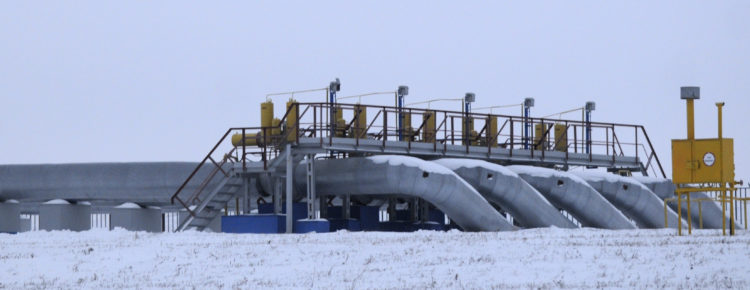Poland added fuel into the debate by suing Gazprom and its partners for unfair competition.
Currently, the expansion is highly contested in the EU over concerns about Ukrainian transit rights.
Already have an account? Sign in
Create an account
Subscribe
$1.99 every 4 weeks $4.99 regularly
AI Overview
Summary is AI-generated, newsroom-reviewed.
Brussels, Belgium—The European Union persists in its effort to reach an agreement with Russia over the construction of an underwater gas pipeline. The European Commission, the EU’s executive branch, has been trying to cajole member-states to keep the expansion of the Nord Stream II gas pipeline on t
Read the full article for more on:

Brussels, Belgium—The European Union persists in its effort to reach an agreement with Russia over the construction of an underwater gas pipeline. The European Commission, the EU’s executive branch, has been trying to cajole member-states to keep the expansion of the Nord Stream II gas pipeline on the table despite concerns over EU’s increasing energy […]

Poland added fuel into the debate by suing Gazprom and its partners for unfair competition.
Currently, the expansion is highly contested in the EU over concerns about Ukrainian transit rights.
What readers are saying
Generating a quick summary of the conversation...
This summary is AI-generated. AI can make mistakes and this summary is not a replacement for reading the comments.
COMMENTS